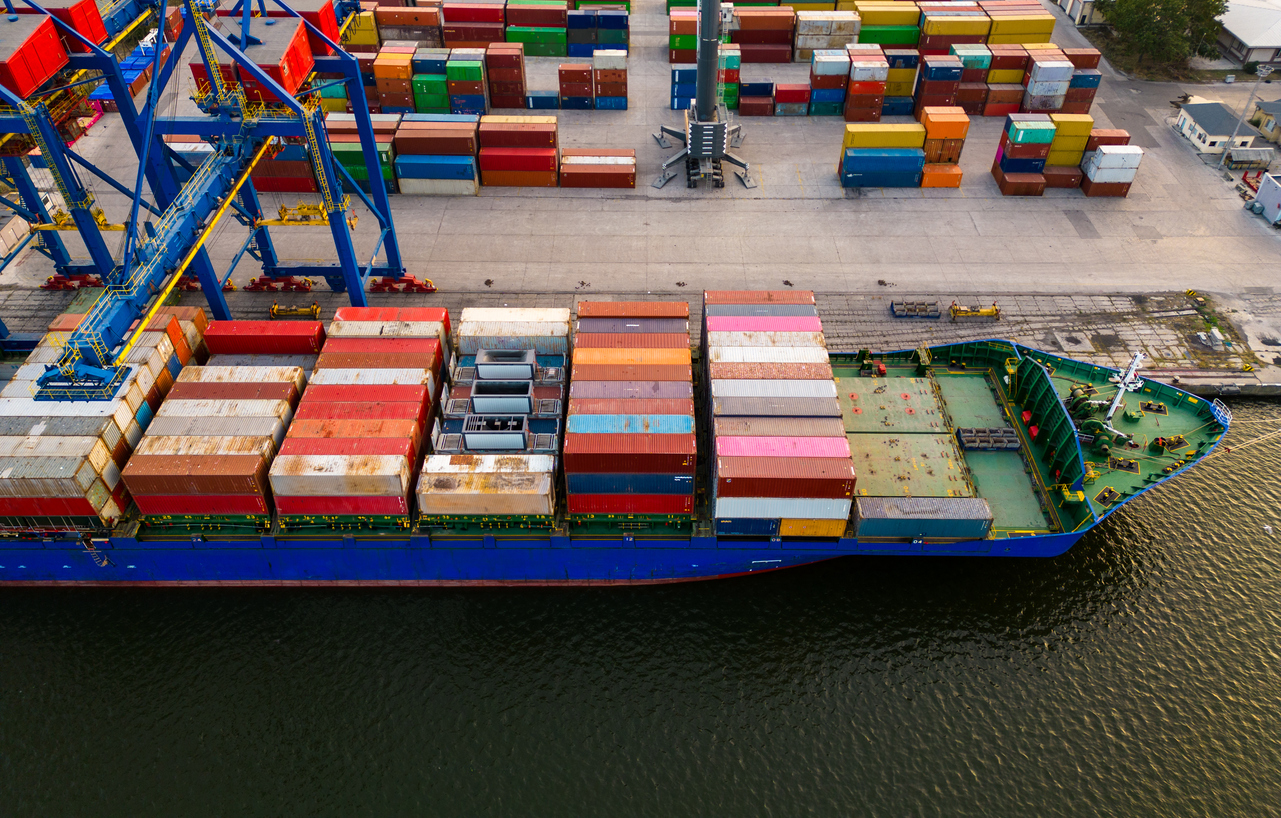How Free Trade Agreements Between UK and Africa Boost Business Growth
The trade landscape between the UK and African nations has evolved significantly in recent years, thanks to strategic free trade agreements (FTAs). These agreements create opportunities for businesses to expand, reduce costs, and access new markets. Understanding how these FTAs work and how to leverage them can make a significant difference for importers, exporters, and distributors looking to thrive in UK-Africa trade.
What Are Free Trade Agreements?
Free trade agreements are treaties between two or more countries that aim to reduce or eliminate barriers to trade, such as tariffs, import quotas, and restrictions. For UK and African businesses, FTAs create smoother pathways for goods, services, and investments to flow between regions.
Why UK-Africa Free Trade Agreements Matter
UK-Africa free trade agreements are designed to strengthen economic ties, encourage investment, and open access to high-demand markets. African nations can export agricultural products, minerals, and manufactured goods to the UK at lower costs, while UK businesses gain easier access to emerging African markets.
Key Benefits of Free Trade Agreements UK and Africa
1. Reduced Tariffs and Costs
Companies can save on import/export duties, making products more competitive in both UK and African markets.
2. Market Expansion
FTAs allow businesses to reach new customers across African nations without heavy regulatory burdens, creating more growth opportunities.
3. Enhanced Supply Chains
Streamlined customs procedures improve efficiency in shipping and logistics, reducing delays and operational costs.
4. Investment Opportunities
Reduced barriers encourage UK businesses to invest in African production, creating jobs and fostering cross-border partnerships.
Sectors Benefiting Most from Free Trade Agreements
Agriculture & Food Products
Easier export of staples, fresh produce, and processed foods strengthens trade ties and opens new revenue streams.
Manufacturing & FMCG
Streamlined access to UK and African markets reduces operational costs and expands distribution networks.
Logistics & Distribution
Growing trade flows increase the demand for efficient transportation solutions across both regions.
Technology & Services
FTAs facilitate cross-border service agreements and tech partnerships, supporting innovation and business growth.
Challenges to Consider
Regulatory Compliance
Meeting product standards and certifications remains essential to fully benefit from FTAs.
Logistics Coordination
Efficient supply chain management is crucial to avoid delays and ensure timely delivery of goods.
Market Competition
Access to new markets also introduces more competitors, requiring strategic positioning and market analysis.
How Businesses Can Take Advantage of UK-Africa Free Trade Agreements
1. Identify Eligible Products
Check which goods qualify for reduced tariffs under the agreement to maximize cost savings.
2. Streamline Documentation
Ensure all customs paperwork complies with FTA rules to avoid delays and penalties.
3. Partner with Experienced Traders
Working with knowledgeable partners like Wigmore Trading can simplify the sourcing and exporting process.
4. Invest in Market Research
Understand demand trends, consumer behavior, and competitive landscapes in target African countries to make informed decisions.
Conclusion
UK-Africa free trade agreements present a significant opportunity for businesses to expand, reduce costs, and access emerging markets. By understanding the benefits and challenges, companies can make informed decisions and leverage these agreements effectively. Wigmore Trading can help businesses navigate these agreements, ensuring compliance and maximizing growth potential.







Comments are closed.